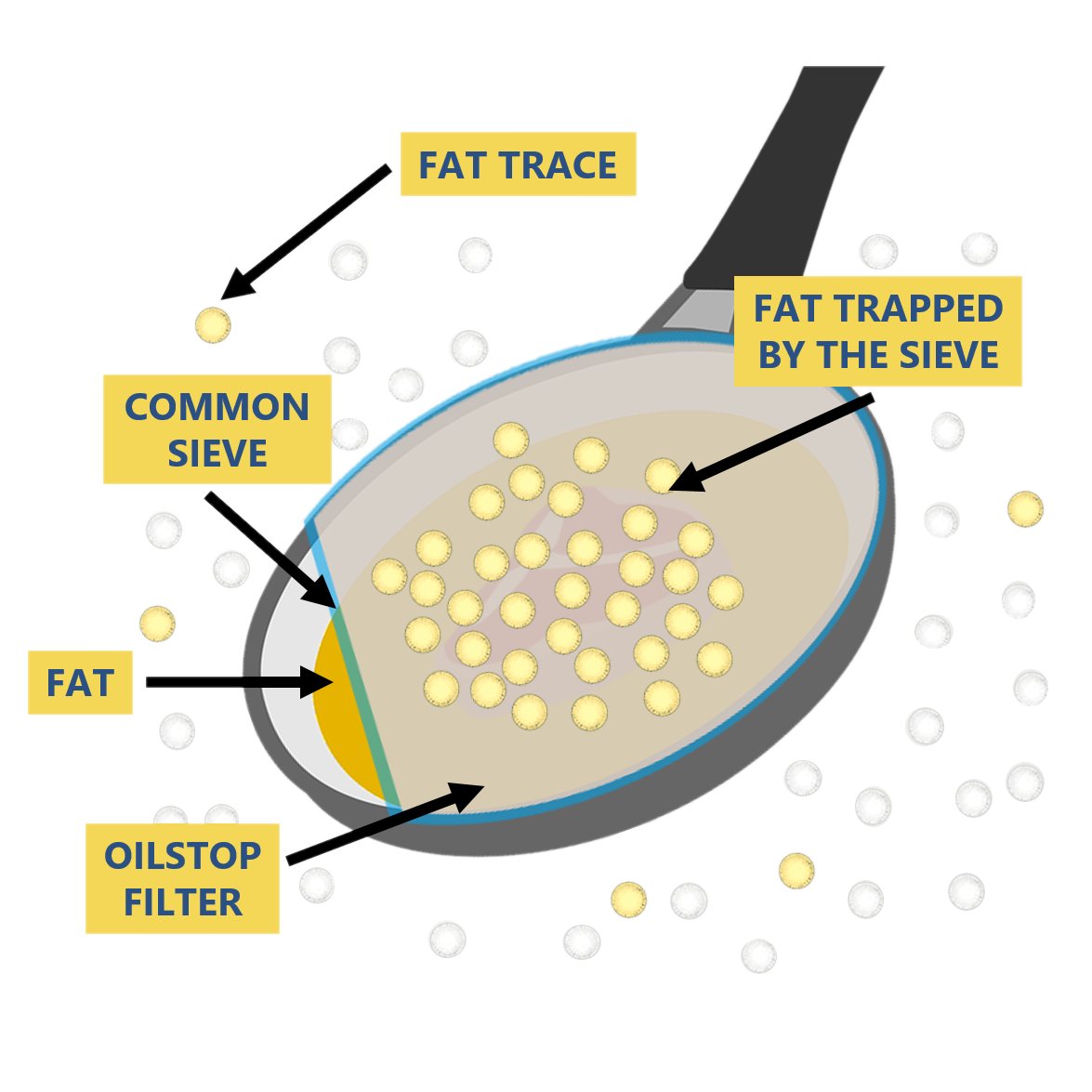CURRENT STATUS
The permissible limits for the concentration of fat in waste water discharges are so low that
they imply a ban on the discharge of fat into waste.
This prohibition, even in view of unfamiliarity with the legislation, is not respected in
households and is practically unenforceable given the number of households. Fats have a
number of adverse effects in the sewer system.
As the fats cool, they form lumps in the sewers which gradually build up and trap other
impurities, which then clog the pumps in the sewer pump stations and coat the probes that
control the pumps and bring them to a halt.
Fats also partially decompose in the sewers, forming fatty acids, which increase the
corrosion of sewer walls and pipes. In extreme cases, the fat deposits become so large that
the sewers are completely blocked.



